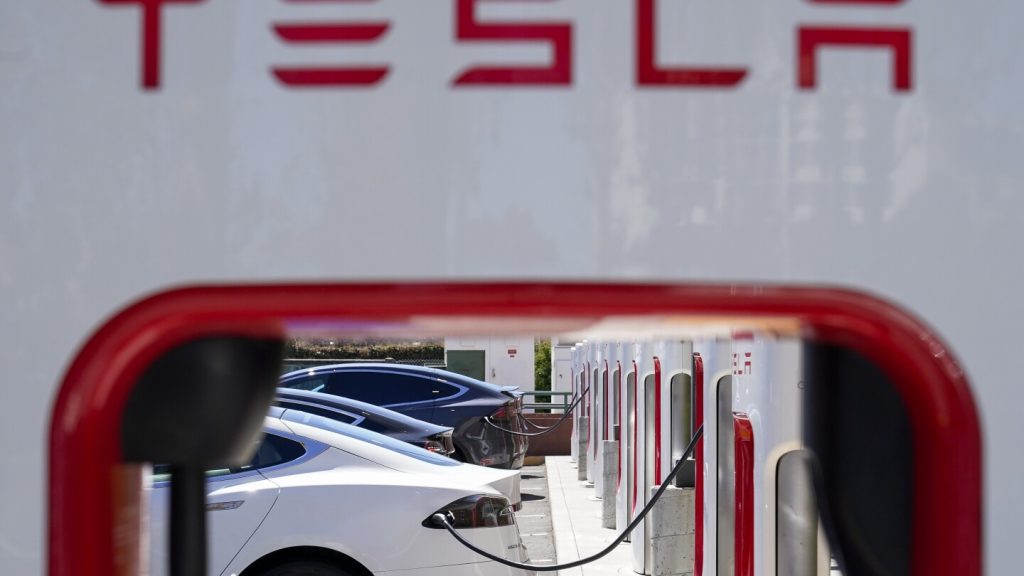Federal highway safety investigators are pressing Tesla for details on the recall of more than 2 million vehicles with the Autopilot system following concerns about the efficacy of the fix. The National Highway Traffic Safety Administration has reported 20 crashes post-recall and doubts whether the remedy actually worked as intended. Safety advocates have criticized the Autopilot system for not being suitable for operating on roads other than highways, raising questions about driver warnings and monitoring. The agency is seeking answers from Tesla on how the fix was developed and whether adequate testing was conducted.
Experts believe that Tesla’s recall strategy was insufficient to address the issues with Autopilot and was more of an attempt to appease NHTSA. The agency’s letter points to potential shortcomings in the recall process and highlights the need for a more robust approach to ensuring driver safety on the road. Concerns have been raised about Tesla’s compliance with safety regulations and the effectiveness of the recall remedy. NHTSA is focused on evaluating the communication and monitoring aspects of Autopilot to prevent future accidents and ensure driver awareness.
NHTSA’s investigation into Tesla’s Autopilot system stems from multiple crashes involving parked emergency vehicles and concerns about the system’s performance on different types of roads. The agency is seeking information from Tesla regarding human behavior testing, driver monitoring, and the qualifications of personnel involved in the evaluation process. Tesla’s response to the recall and the subsequent safety updates will be closely scrutinized to determine whether further action is needed to protect consumers. Safety experts warn that failure to address the issues with Autopilot could result in more accidents and potential restrictions on the system’s operation.
Missy Cummings, a professor specializing in automated vehicles, believes that Tesla’s approach to driver assistance technology lacks proper human interaction expertise, which is crucial for systems like Autopilot. Her research highlights the risks associated with over-reliance on automated driving systems and the potential for drivers to become disconnected from the road environment. NHTSA’s letter to Tesla seeks clarification on how the recall remedy addresses driver confusion and whether additional safety features could have been implemented to prevent accidents. The agency is determined to ensure that Tesla implements effective measures to enhance driver safety and prevent future crashes.
Tesla’s response to NHTSA’s inquiries will determine the next steps in addressing the issues raised by the recall of the Autopilot system. The agency has the authority to enforce further recall remedies, restrict the use of Autopilot, or even disable the system if necessary to ensure public safety. Safety advocates and experts are monitoring the situation closely to prevent potential hazards associated with the operation of partially automated driving systems. NHTSA’s ongoing investigation into Tesla’s Autopilot system highlights the importance of rigorous testing and compliance with safety regulations to protect drivers and passengers on the road.
Overall, the focus remains on ensuring that Tesla complies with safety standards and addresses the concerns raised by the recall of vehicles equipped with the Autopilot system. NHTSA’s scrutiny of Tesla’s response to the recall and subsequent safety updates underscores the importance of effective communication and monitoring in driver assistance technology. The agency’s efforts to evaluate the impact of the recall remedy and determine whether additional safety measures are needed reflect a commitment to enhancing road safety and preventing accidents associated with autonomous driving systems. Tesla’s cooperation with NHTSA’s investigation will be crucial in determining the best course of action to protect consumers and improve the safety of automated vehicles.


